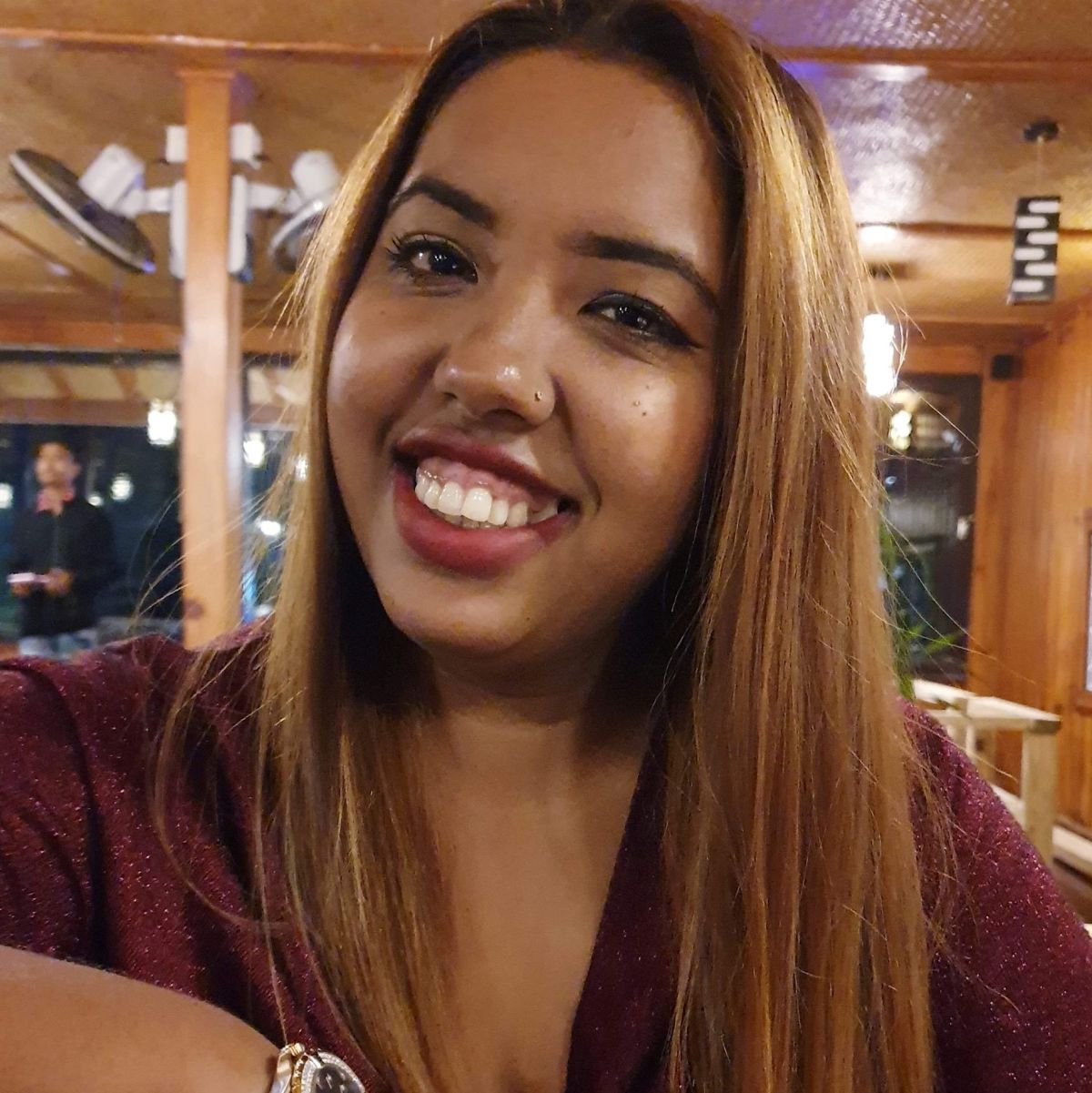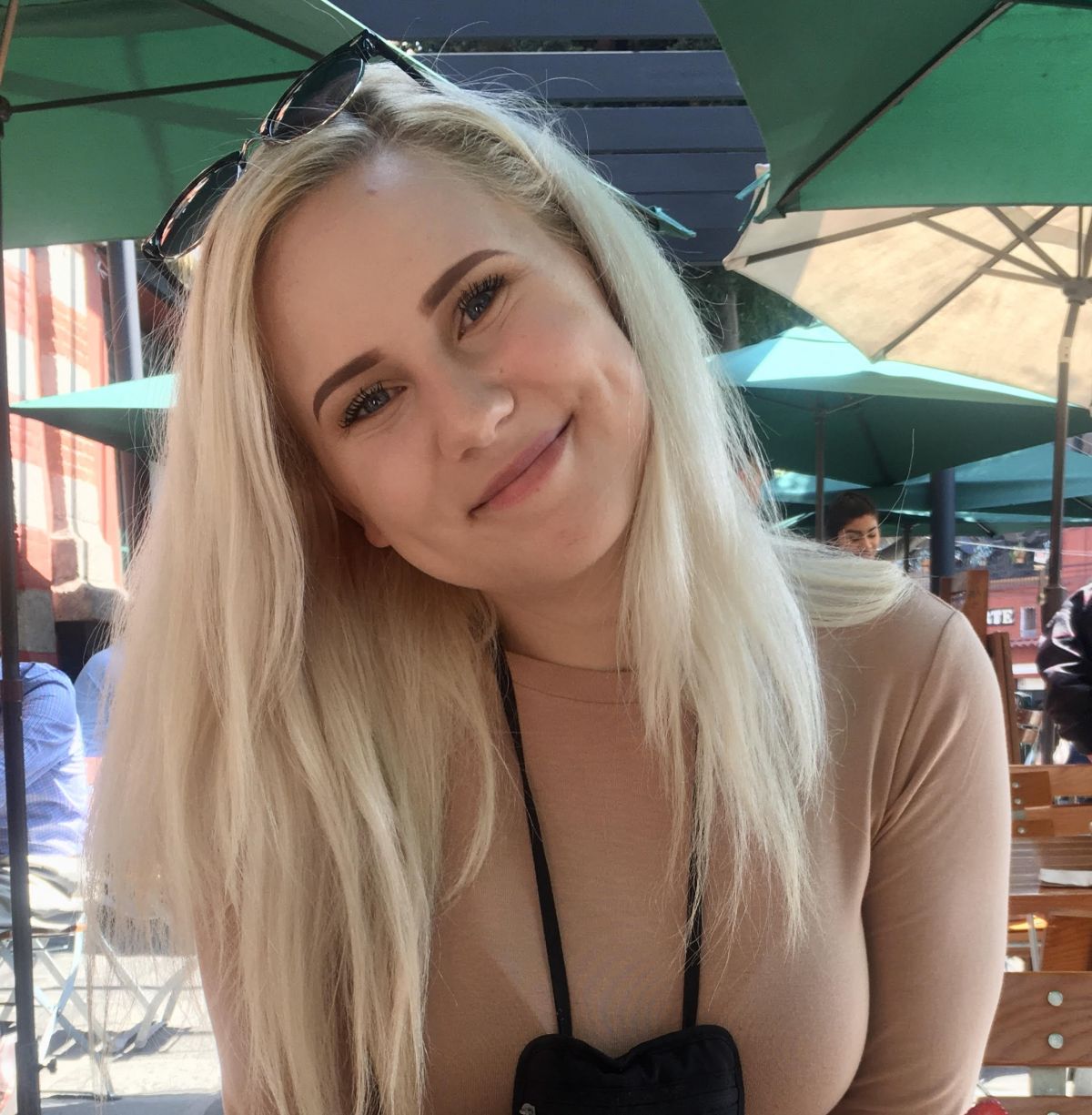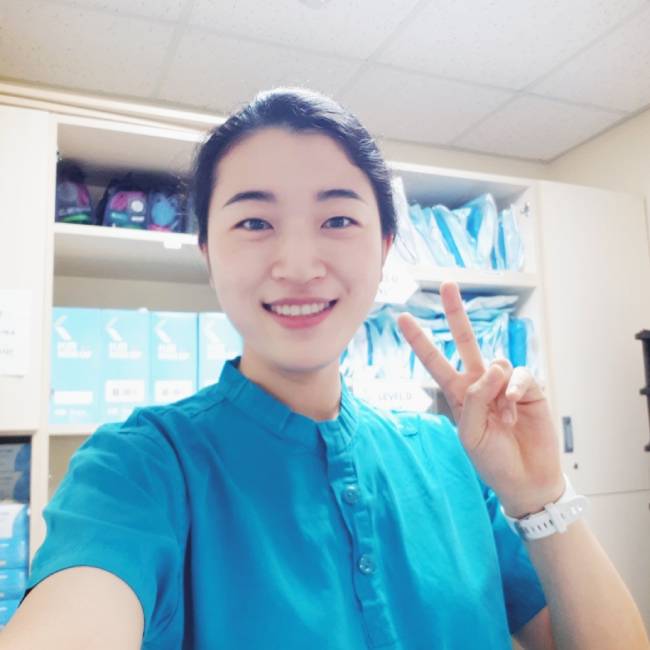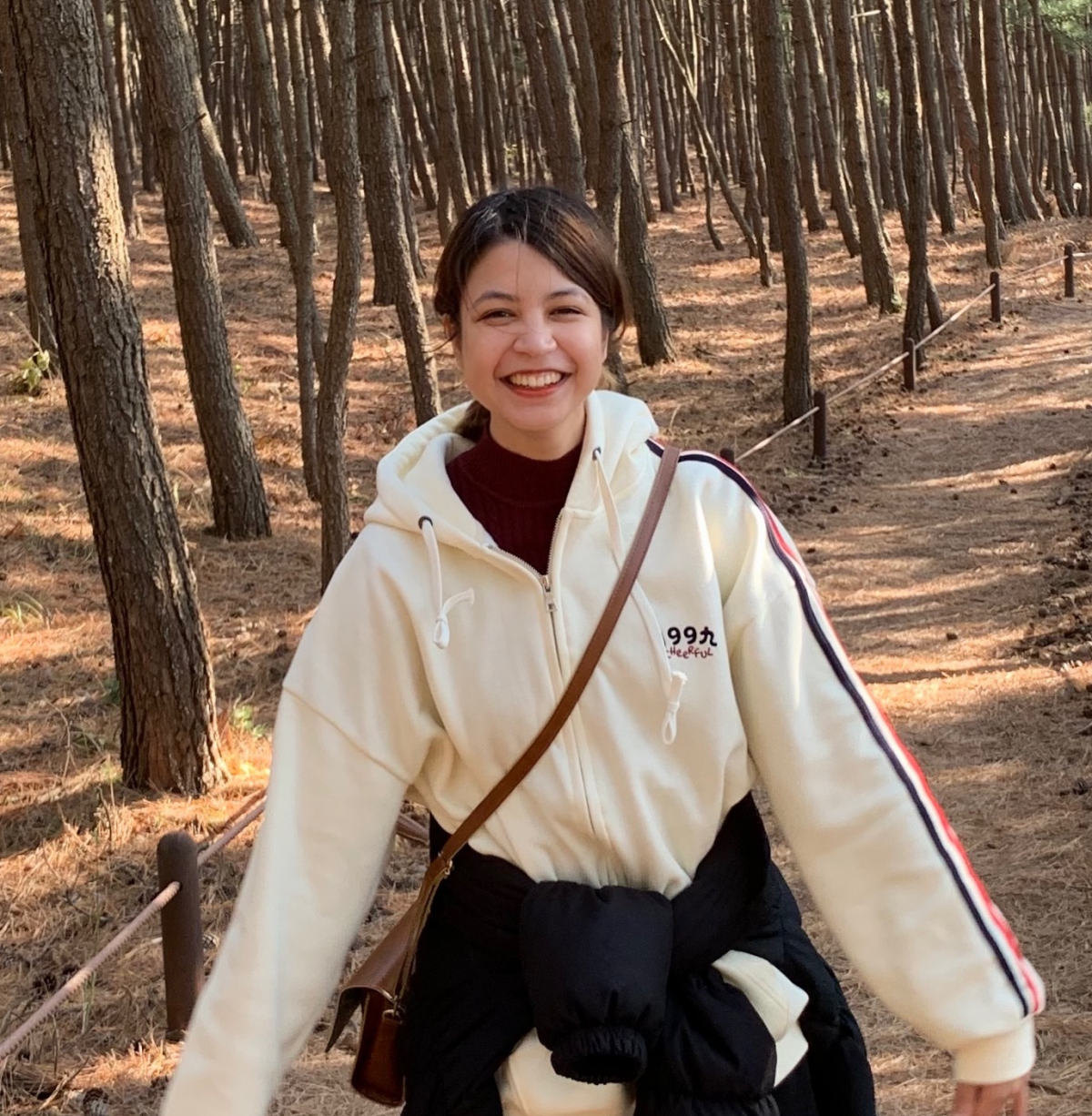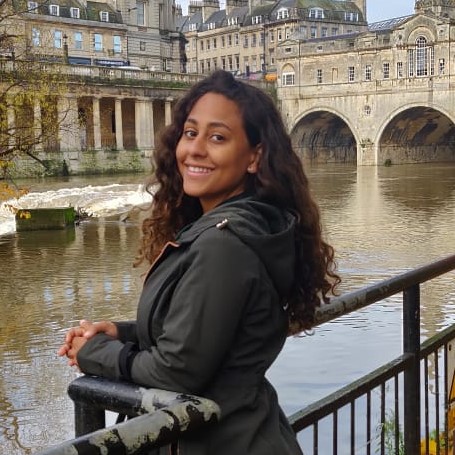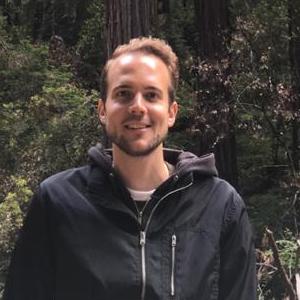Intoccabilità e Violenza di Genere
Il mio unico desiderio è fare in modo che tutte le ragazze, tutte le donne possano essere libere di decidere cosa vogliano diventare, e non essere dominate dagli uomini.
Nepal, Southern Asia
Story by Pabita Timilshina. Translated by Sati Nunziati
Published on February 23, 2020.
This story is also available in 




C’è una tacita e severa regola in Nepal sulle mestruazioni. Per i primi tre giorni del ciclo mestruale ad una donna non è permesso di stare a casa. Il primo giorno viene allontanata dall’abitazione; il secondo e il terzo giorno è possibile rientrare, ma vengono isolate in una stanza senza avere il permesso di vedere la propria famiglia. Dopo il terzo giorno possono dormire di nuovo in casa ma solo sul pavimento, con le proprie ciotole e utensili da cui mangiare, praticamente trattate come cani, hanno il permesso di potersi lavare ma cucinare è ancora proibito. Solo dopo il quinto giorno di mestruazione possono tornare a dormire nei loro letti con i propri mariti e riabbracciare e toccare i propri figli.
In alcune zone remote del Nepal è ancora attuato il sistema Chaupadi, un’antica pratica induista. La famiglia manda le proprie ragazze e donne in piccole capanne, senza acqua e elettricità. E’ una pratica vietata dal governo, ma ancora ampiamente diffusa. Secondo dati pubblicati ogni anno 20-25 donne muoiono a causa di questo sistema, a causa di morsi di serpente, fame, freddo perché non rifornite di coperte o riscaldamento che sia, a volte dimenticate dalle proprie famiglie. Il vero problema sta nell’impossibilità di molte organizzazioni di volontariato non governative non riescono a raggiungere le aree più remote e isolate.
Ho vissuto per cinque anni in Inghilterra, e lì ho avuto modo di conoscere mondi differenti. Ma sono voluta tornare indietro ed essere attiva per il mio Paese e la mia gente, specialmente per tutte quelle persone che non hanno una voce. Ho subito abusi io stessa da parte di mio zio quando ero molto giovane, abusi che lui non ha mai confessato. Piansi molto e quando riuscii a raccontare tutto alla mia famiglia nessuno prese le mie difese. Non volevano perdere la reputazione. La gente diceva che “una strega” mi attaccava di notte, a causa della visibile stanchezza che manifestavo durante quei giorni ed ero veramente spaventata. Una notte aprii gli occhi e lui era seduto lì, accanto al mio letto. Per fortuna non fui violentata, si limitò a toccarmi. E’ per questo motivo che ho deciso di battermi per tutte quelle donne che hanno e subiscono abusi, perché nessuno nella mia famiglia lo fece per me. E io provengo da una famiglia istruita, una famiglia di Brahmans, la casta più alta in Nepal.
Le ragazze che cerco di aiutare hanno subito abusi già da molto giovani e nessuno è stato in grado di proteggerle. Così, quando tornai in Nepal incominciai a parlare nelle piccole comunità, facendo una netta distinzione tra ciò che è “normale” e ciò che non lo è, quello che è da denunciare. A causa della mia esperienza ho agito in modo molto forte ed è esattamente così che vorrei che reagissero le mie ragazze. E’ come alleni la tua mente ad essere forte quando nessuno ascolta. Questa è la mia più grande ispirazione, il non aver bisogno di nessuno per alzare la propria voce, e quando lo fai altre donne si uniranno a te; c’è bisogno di creare dei leader così che le persone possano iniziare a difendere se stesse. I problemi si presentano sempre insieme alle loro soluzioni, bisogna solamente non avere paura dell’opinione degli altri e quello che possano pensare di te.
Il mio unico desiderio è fare in modo che tutte le ragazze, tutte le donne possano essere libere di decidere cosa vogliano diventare, e non essere dominate dagli uomini. Le donne dovrebbero usare la propria voce senza doversi vergognare di quello che la società possa pensare. Il nostro posto non è solo la cucina o l’avere bambini, abbiamo le nostre vite. Desidero veramente per tutti di poter avere gli stessi diritti.
How does this story make you feel?
Follow-up
Do you have any questions after reading this story? Do you want to follow-up on what you've just read? Get in touch with our team to learn more! Send an email to [email protected].
Talk about this Story
Please enable cookies to view the comments powered by Disqus.
Subscribe to our Monthly Newsletter
Stay up to date with new stories on Correspondents of the World by subscribing to our monthly newsletter:
Other Stories in Italiano
Explore other Topics
Get involved
At Correspondents of the World, we want to contribute to a better understanding of one another in a world that seems to get smaller by the day - but somehow neglects to bring people closer together as well. We think that one of the most frequent reasons for misunderstanding and unnecessarily heated debates is that we don't really understand how each of us is affected differently by global issues.
Our aim is to change that with every personal story we share.
Community Worldwide
Correspondents of the World is not just this website, but also a great community of people from all over the world. While face-to-face meetings are difficult at the moment, our Facebook Community Group is THE place to be to meet other people invested in Correspondents of the World. We are currently running a series of online-tea talks to get to know each other better.











